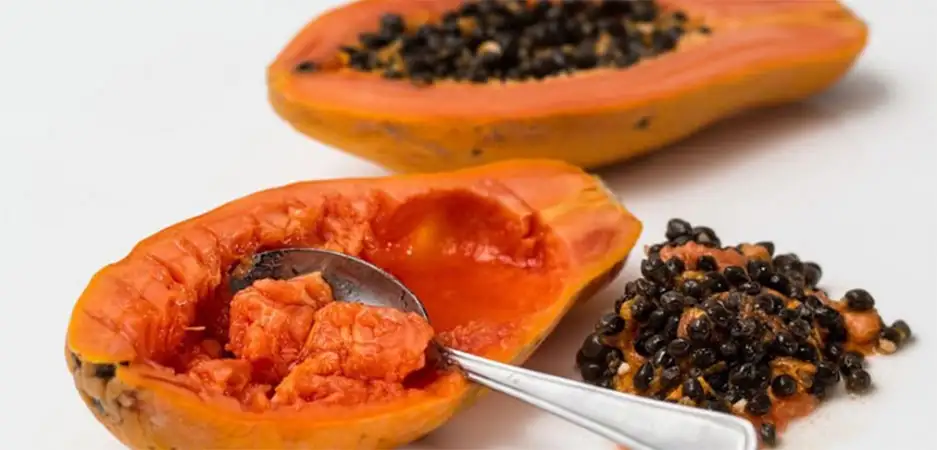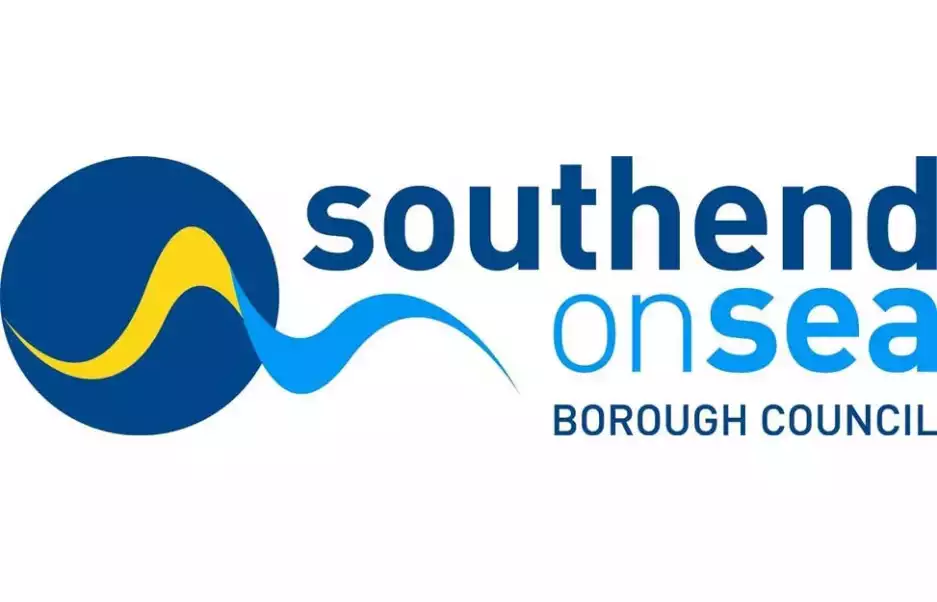-
AllAnytime Fitness Gym Art Beer Of The Week Blog Bus Fares Bus Service Business Business Expo C2C Care Care Home Charity Children Christmas Cinema City Status Cliffs Pavilion Cliffs Pavilion Review Cocktail Recipes College Community Competition Construction Coronation Coronavirus Dannielle Emery Design Easter Education Electoral changes Leigh on sea Emma Smith Employment Emsella Chair Environment Essex & Suffolk Water News Essex Police Essex Wildlife Trust News Events Family Fun Fashion Festival Film Finance Fitness Food Food & Drink Football Foulness Bike Ride Fresh Face Pillow Company Gardening General Election Hair & Beauty Halloween Harp Havens Havens Hospice Havens Hospices Havens Hospices Health & Fitness Health & Beauty Health & Fitness Healthwatch Southend Historicaleigh History Holidays Housing Indian Indirock Jubilee Karen Harvey Conran Kids Kids Blogs Kids Competitions Kids Reviews Lazydays Festival Legal Legal Eagle Leigh Art Trail Leigh Folk Festival Leigh Library Leigh On Sea Finds Leigh Road Leigh Town Council Leigh Town Council Press Release Leigh on Sea Leigh on Sea Sounds Leigh on sea Folk Festival Leigh on sea Marathon Leigh on sea Town Council Leigh on sea man breaks marathon record Leigh on sea news Lifestyle Livewell Southend Press Release LoS Shop London London Southend Airport Los Shop Marathon Melinda Giles Mortgage Angel blog Mortgages Motherofalloutings Mughal Dynasty Music My Mortgage Angel MyLoS NHS News News Newsletter Offers Outfit Of The Week Palace Theatre Parenting Parking Pets Picture Of The Week Pier Politics Press Release Press Release Southend City Council Professional Property Property Of The Week RSPCA Ray Morgan Re:loved Recipes Recycling Restaurant Restaurant Review Restaurants Review Roads Rotary Club Royal Hotel Royal Visit SAVS Schools Seafront Shopping Shows & Music Review Shows & Music Shows & Music Review Southend Southend Airport Southend Borough Council Press Release Southend City Bid News Southend City Council Southend City Council Press Release Southend City Council Press Release Southend Community Safety Southend Hospital News Southend In Sight Southend In Sight Southend In Sight Press Release Southend on Sea Sport The Mortgage Mum The One Love Project The Ship Hotel Theatre Theatre Blog Theatre Review Theatre review Transport Travel Travel Veolia Village Green Volunteer Weddings Whats On c2c
Injured? How Nutrition Can Help Your Recovery!

The power of nutrition is often underestimated, but if you consider that every process in the body relies on nutrients in order to work, it becomes clear that what we eat matters. If you have suffered an injury, nutrition is a great means to support your recovery. The most common injuries are sprains, strains, cuts, bruises of soft tissue or bones and fractures.
In order to heal, all of these require protein: It is needed to repair tissue – including bone and collagen -, slow muscle loss and shorten the inflammatory process. You should always have protein with every meal, but when recovering from an injury, you may want to temporarily increase your intake. Meat, fish, eggs, dairy, tofu and tempeh, beans and pulses, hummus, nuts and seeds all provide good amounts of protein.
The building blocks of protein are amino acids, one of which – glutamine – is particularly important when recovering from an injury as it is needed to form skeletal muscle tissue. The best dietary sources of glutamine are poultry, beef, fish, cabbage, beetroot and dairy.
The pain you experience with injuries is a symptom of the inflammatory process. You can greatly influence inflammation through diet as there are foods that promote inflammation while others have powerful anti-inflammatory properties.
Sugar acts like fuel to the fire, so is best avoided. Apart from the obvious sources such as sweets, cakes, biscuits, chocolate and fizzy drinks, sugar is hidden in many more products, e.g. ketchup, salad dressings, breakfast cereals, and even shop-bough guacamole! Dried fruit are almost pure sugar. Make sure to read labels carefully and cut out as much sugar as you can. Note that while honey, date and coconut sugar contain some beneficial nutrients, they are still essentially sugar and promote inflammation.
Certain vegetable oils can also make inflammation worse. Unsaturated fats that are frequently promoted as healthy are the building blocks of hormone-like substances called prostaglandins (PGE). PGE1 and PGE3 are anti-inflammatory and very helpful in recovery, but PGE2 has the opposite effect. Unsaturated omega-6 fats can be converted into PGE1 or PGE2, and it is processing, heat and sugar (!) that tips the scale into the direction of PGE2. Unfortunately, omega-6 fats – most of them processed – are now abundant in our diet. Omega-3 fats, found in oily fish, nuts, seeds, and seaweed, are the basis of the anti-inflammatory PGE3. Avoid cooking with sunflower, soya and rapeseed oil. Use olive oil instead. Note that frying, too, results in pro-inflammatory compounds, but if you must fry at high temperatures use coconut oil or lard as these saturated fats are more resilient to heat.
Alcohol does not have very many redeeming features, and indeed does not help the inflammatory process. When recovering from an injury and suffering pain, you are best advised to avoid it. Drink water – still or fizzy -, kombucha or green tea instead to speed up recovery.
Besides the omega-3 rich foods already mentioned above, there are others that can help reduce inflammation. The spice turmeric – a staple in Indian cuisine – has excellent anti-inflammatory properties, as have garlic and ginger. Make sure to use all three liberally in cooking. Turmeric doesn’t need to be confined to Asian dishes either. Try adding it to tomato soups or sauces or perhaps a carrot soup.
Pineapple and papaya contain two similar enzymes: bromelain (pineapple) and papain (papaya). These are proteases, i.e. enzymes which break down proteins. They are useful in “cleaning up” proteins from tissue damage, thus decreasing inflammation and reducing internal scar tissue. If you consider taking a bromelain supplement, make sure to take it away from meals or it will start breaking down the protein you have just eaten to enhance healing!
Nutritional supplements can further enhance the healing process, however, they can be very powerful and should be chosen with care and the individual health history and medication in mind.
If you would like to aid your recovery with the help of nutritional therapy, call us for more advice or to book an appointment at The Body Matters.
For more information please call The Body Matters on 01702 714968
ADD A COMMENT
Note: If comment section is not showing please log in to Facebook in another browser tab and refresh.























